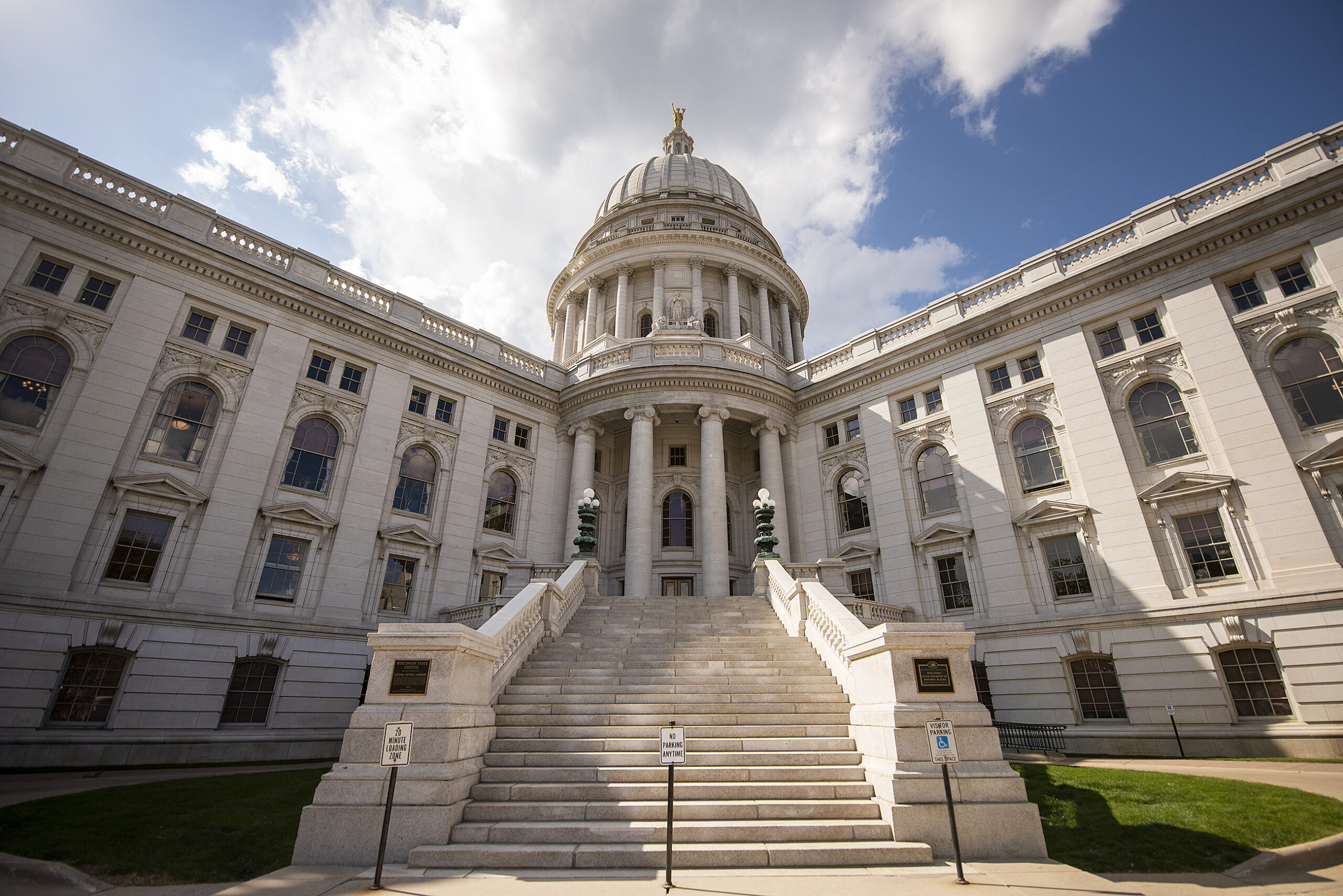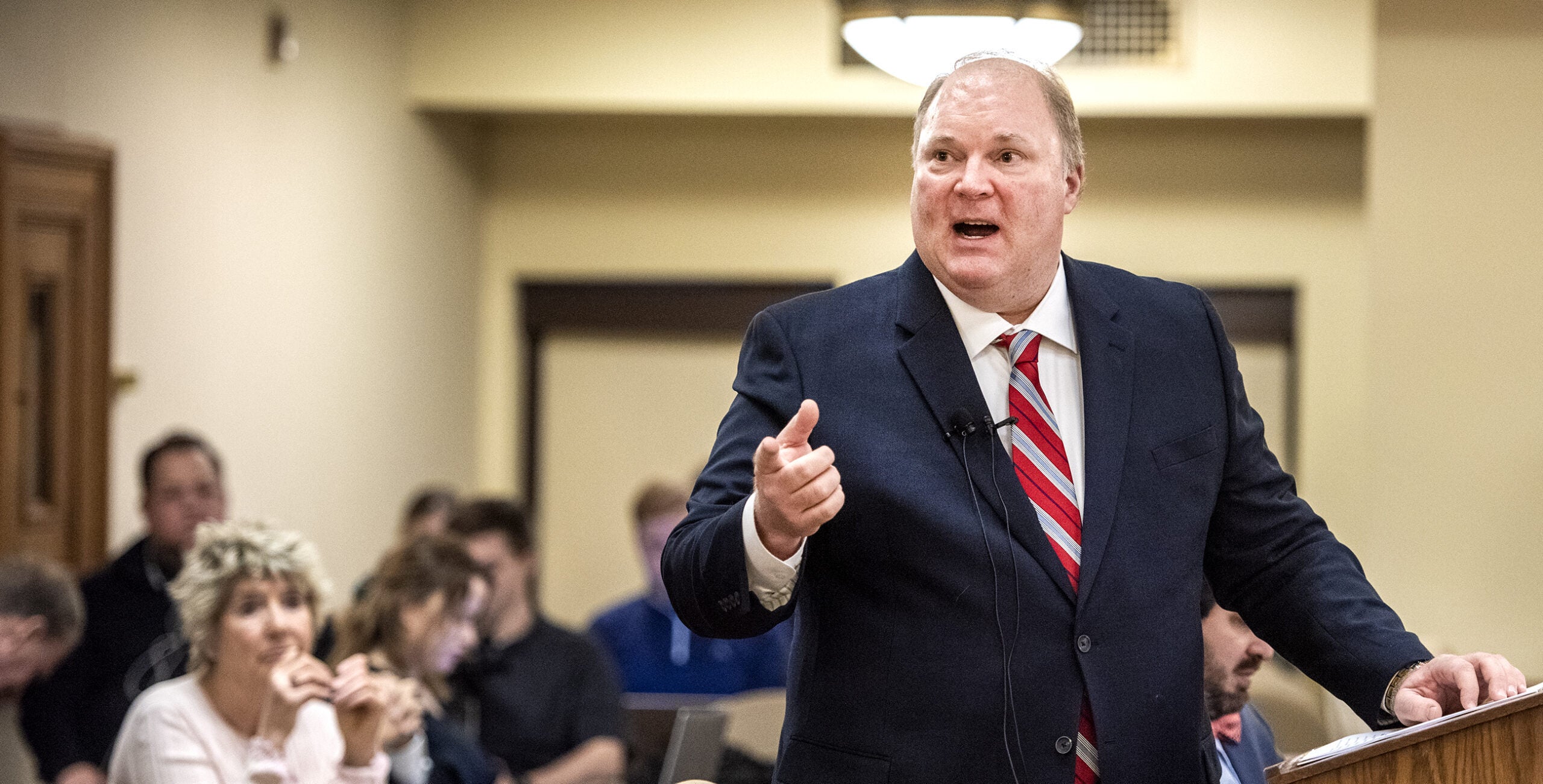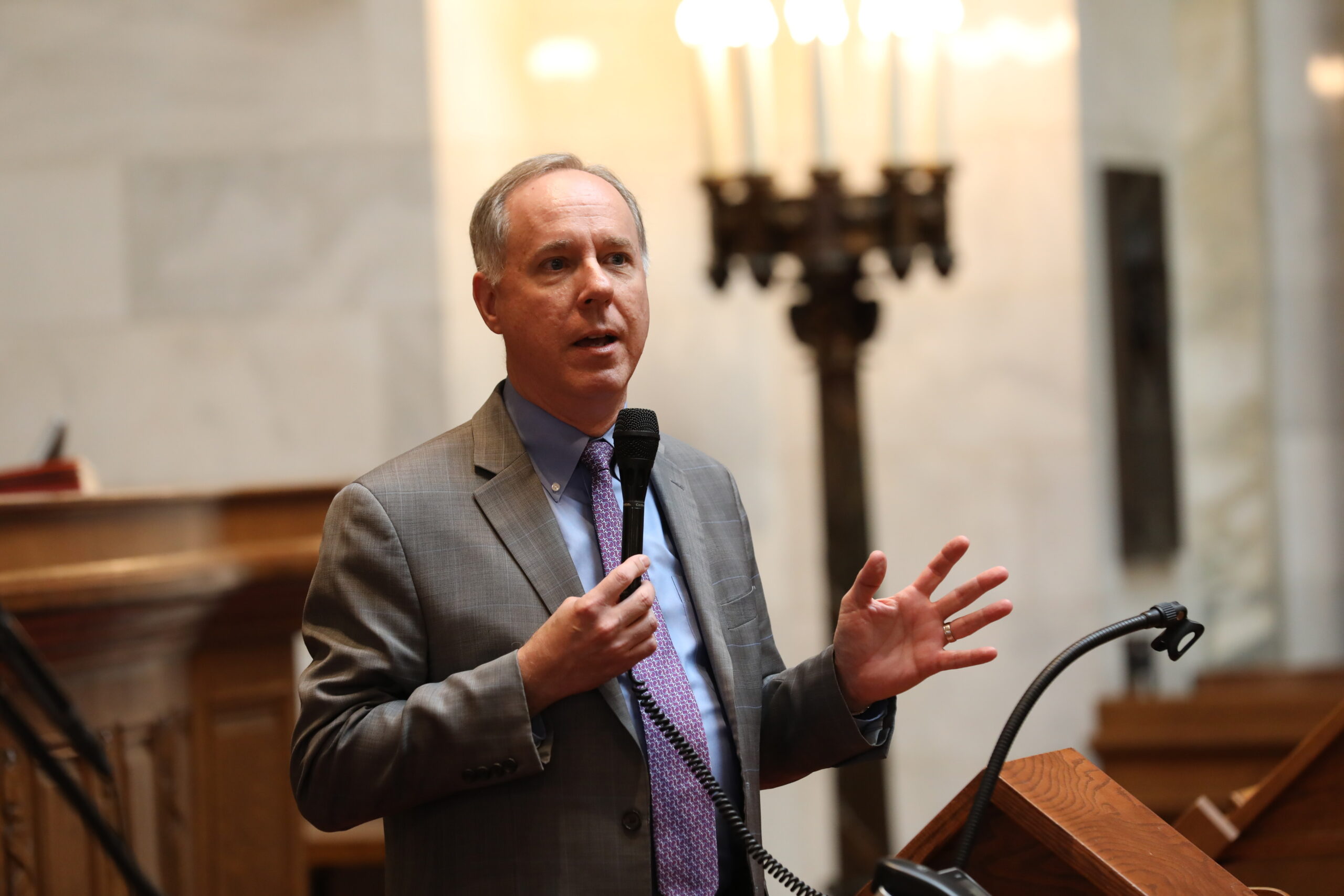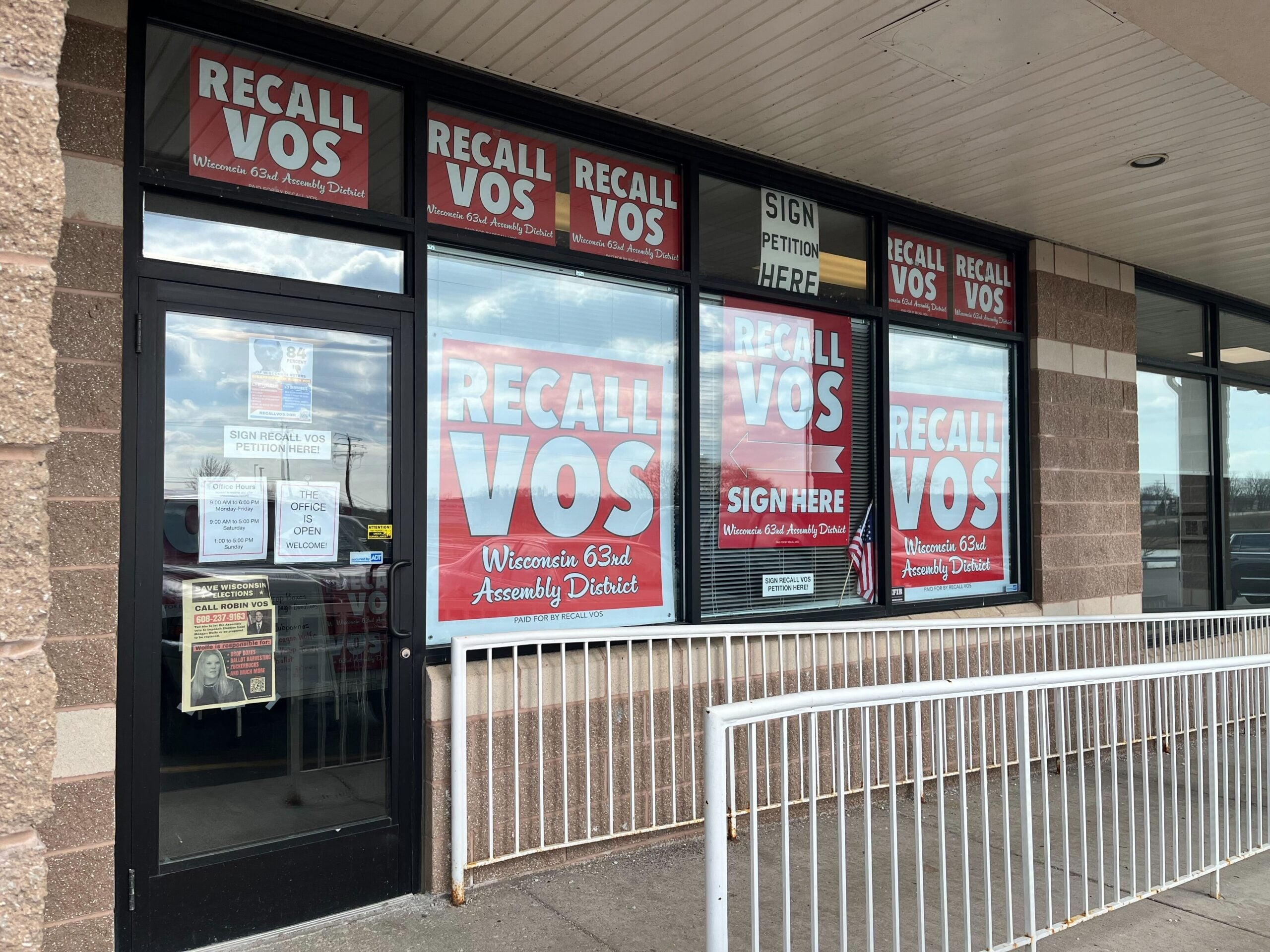As a purple state, Wisconsin lawmakers often butt heads on key issues. This year was no different.
WPR’s Capitol reporter Anya van Wagtendonk joined “Morning Edition” host Alex Crowe to unpack news stories that emerged from the state capitol in 2023.
This interview was edited for clarity.
News with a little more humanity
WPR’s “Wisconsin Today” newsletter keeps you connected to the state you love without feeling overwhelmed. No paywall. No agenda. No corporate filter.
Alex Crowe: Let’s start with the elections. We’ve seen a lot of action from the Legislature in this area and 2023. And of course, the election season is coming up in 2024. We’ve also seen some efforts when it comes to elections to remove Meagan Wolfe as the state’s top election administrator. Can you tell us where we stand on Meagan Wolfe and her job is administering elections in the state?
Anya van Wagtendonk: Megan Wolfe is the elections administrator for the state of Wisconsin. Her position in that role was contested by Republicans in the Legislature. They took steps to remove her this fall, but the Attorney General has called that illegitimate and there’s currently a lawsuit pending that he expects will affirm that finding. So Megan Wolfe continues to go to work as that lawsuit continues. There is a movement to impeach her in the Assembly. So we are all paying attention to that, although so far, it doesn’t seem to have a lot of momentum among lawmakers.
A bill was recently introduced that would abolish the Wisconsin Elections Commission, which is the bipartisan agency that she administers, and puts the Secretary of State in charge of elections that is very unlikely to survive Gov. Tony Evers veto pen, but it’s something to pay attention to. Because the nitty-gritty of election administration in this state is always shifting.
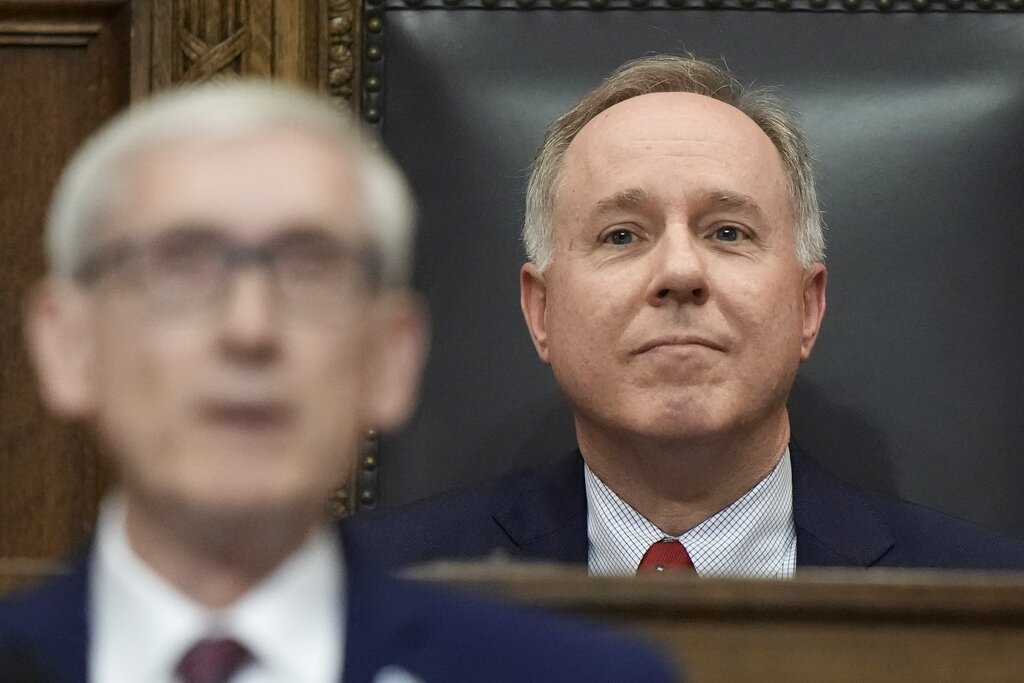
AC: Let’s talk about Robin Vos. He’s had a pretty big influence on policy. What are some of the laws that he’s able to have been influenced with his power this year?
AVW: Nothing gets to the Assembly floor without Speaker Vos’ direction. I think one thing that the average Wisconsinite might not follow too closely is the weird way that our biannual budget process works. Because we have such a divided government with a Democratic governor and a very heavily Republican Legislature, there’s basically two cracks at writing it.
Gov. Tony Evers unveiled his proposal earlier this year, and then Republicans essentially nixed the entire thing and rewrote it from scratch. What gets developed ultimately gets handed back to the governor. He can veto any portion of it that he wants, but he can’t otherwise adjust or edit that final product. Speaker Vos just has a huge, huge influence on that final product.
I’d also certainly point to a few big bipartisan moves in the Legislature that he helped guide. The first was a deal on shared revenue. That is the term that we use to describe basically how much money the state distributes to local communities. The terms of the shared revenue deal earlier this year, essentially overhauls that entire process. It was a real victory for smaller and rural communities that will be getting a big boost in state funding, and also led to a shift in taxes in Milwaukee and Milwaukee County.
That actually was a pretty big negotiating piece. Some (inner) Republican fighting over essentially whether to — as those lawmakers would describe it — bail out Milwaukee and Milwaukee County. Milwaukee leaders and some Democrats pushed back and said, basically, the whole state would suffer if its largest economic engine were to go bankrupt. So that was a real sticking point. Speaker Vos definitely helped guide that deal across the finish line.
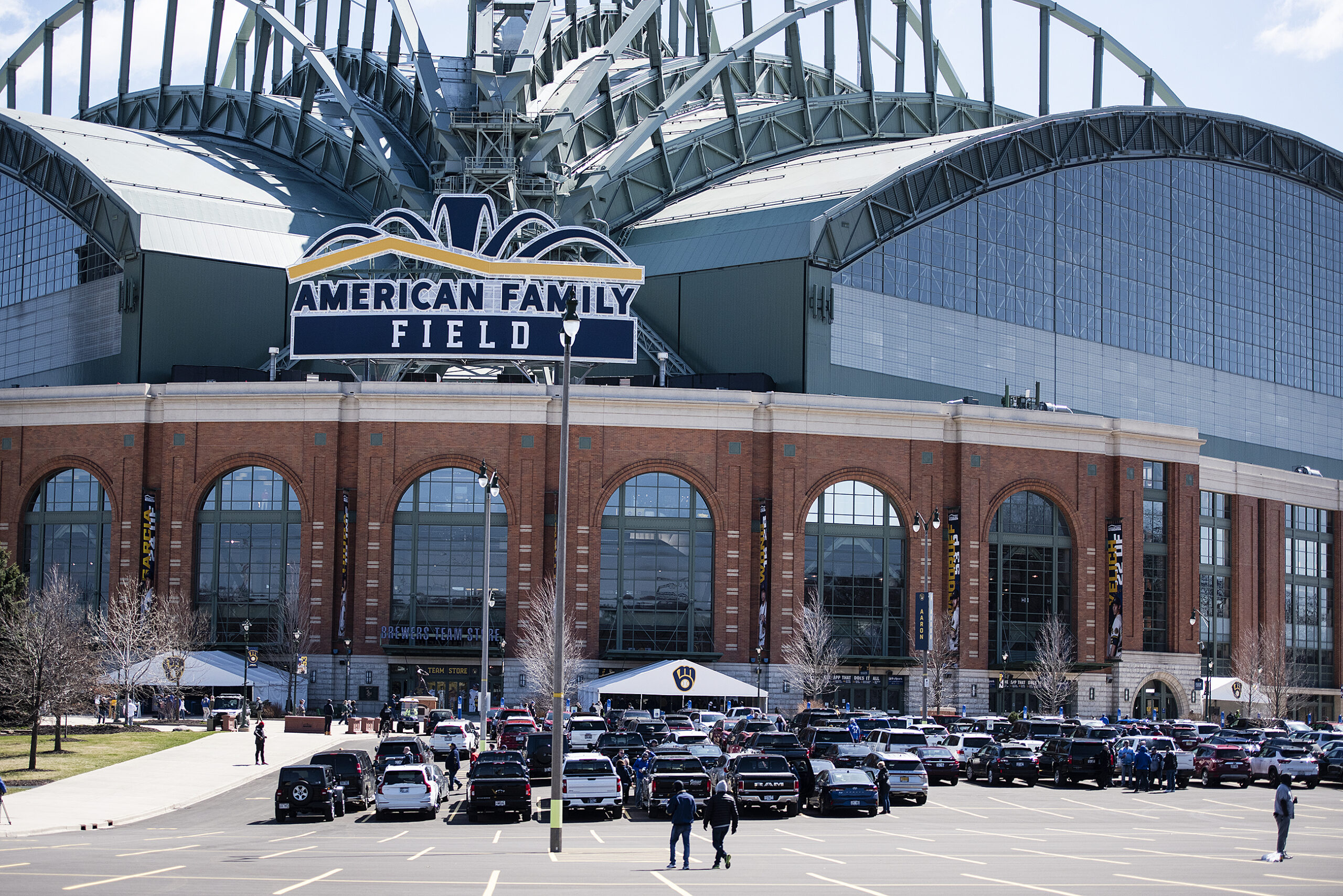
We also saw a major public investment in the (Milwaukee) Brewer’s stadium, American Family Field. That is about a half a billion dollar deal between the state, the city and county of Milwaukee and the team, the Brewers, that was also subject to major negotiation in the Legislature. It was an area with a lot of disagreement among Republicans, but this deal would not have gotten passed without Democrats. Speaker Vos also helped promote the deal among members of his caucus who were divided on this idea of how much money to put towards Milwaukee.
AC: You’ve been covering the Legislature all year. Is there anything we should have our eye on?
AVW: We are ending this year with some huge news. The Wisconsin Supreme Court ruled that our existing legislative maps are unconstitutional. That means that we’re getting new maps, we’re gonna get redistricted. That’s a really, really big deal.
Of course, 2024 is an election year and there was a lot of motion around changing or tweaking election laws and processes. We’ll keep seeing those play out. We had some nice end of the year drama with a recent settlement in a lawsuit against the 2020 false electors. So once again, we’re seeing how the 2020 presidential election continues to influence voting going into 2024.
We saw some culture war issues that are much more present in other states begin to arrive in this Legislature. There were proposals around school libraries, public school curricula and gender-affirming health care, things like that. I can only assume that those issues will continue to heat up again going into the election. Those are often the types of issues that really motivate voters across the board.
So that’s really going to be the theme of 2024, is just elections. We are in the most critical swing state in the country, and the entire country will be watching how those play out.
You can hear the extended version of this conversation on the Wisconsin Today podcast.
Wisconsin Public Radio, © Copyright 2025, Board of Regents of the University of Wisconsin System and Wisconsin Educational Communications Board.

